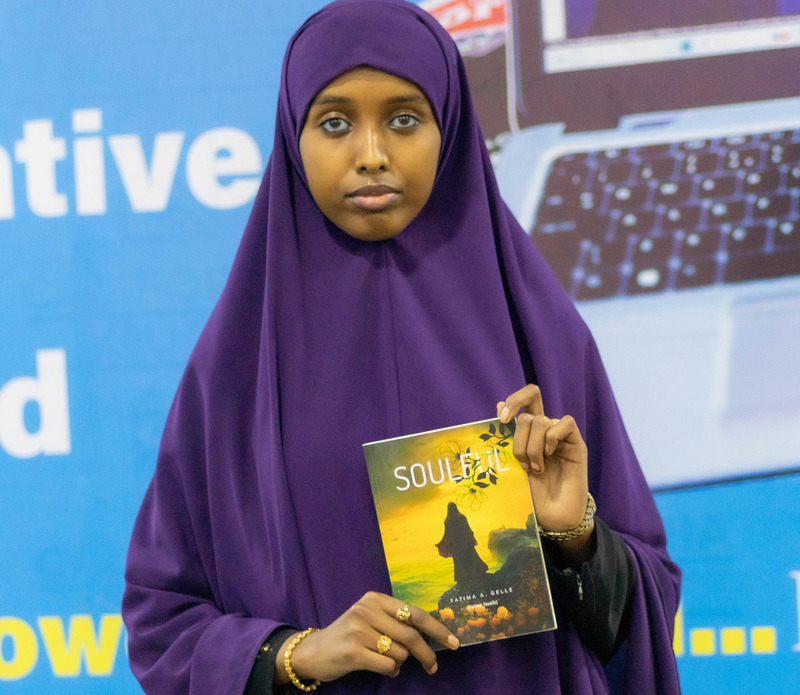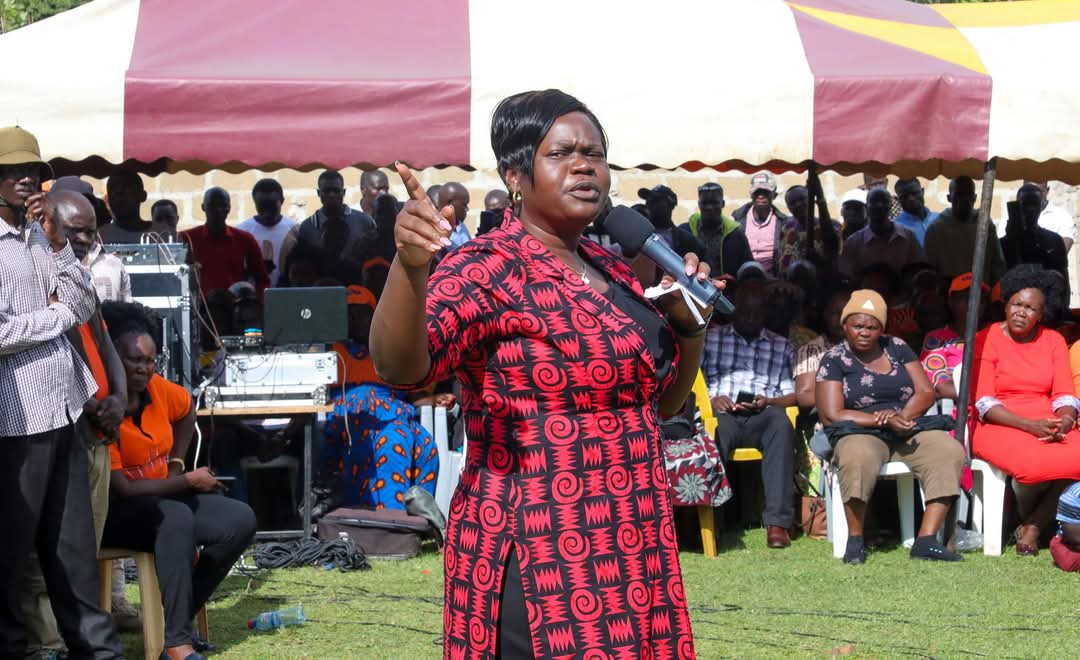New book on FGM highlights Somali Women’s role in the literary world
Soulful takes readers through the coercive process used to persuade girls to undergo FGM, often through false promises
In recent years, there has been a noticeable rise in the number of young Somali women entering the writing and publishing industry. Every two to three months, a new book by a young Somali woman is launched, with the majority of these works being poetic in nature.
Many of these women view poetry as an integral part of Somali culture, continuing a tradition that was once passed down orally but is now being preserved in written form.
More To Read
- Maasai community leads change as elders endorse fight against FGM and early marriage
- Stakeholders warn of increased FGM cases in Wajir during long school holiday
- Gender CS Cheptumo calls for collective action against teenage pregnancies
- Hope restored as MSF opens lifesaving fistula unit for Somali women in Baidoa
- From silence to strength: The Kenyan women ending FGM and early marriages
- Nowhere to run: How girls escaping harm still find themselves in unsafe spaces
Last Sunday, the latest addition to this literary trend was unveiled in Eastleigh, a poetic book titled Soulful, authored by 20-year-old Fatima Abdirahman Gelle. The book addresses various aspects of Somali culture and societal issues, focusing heavily on the practice of female genital mutilation (FGM) and the taboos surrounding women's menstrual cycles.
FGM, though it has seen a decline in recent years, continues to be practised secretly within some communities. Fatima's book opposes this practice, providing a detailed and emotive account of how young girls, often as young as six years old, are subjected to it under the guise of being initiated into womanhood.
The narrative in Soulful takes readers through the coercive process used to persuade these girls to undergo FGM, often through false promises that it is necessary for them to remain pure and to control their feelings.
The book launch drew hundreds of young people, many of whom were eager to learn more about Soulful.
Those who purchased the book and read the synopsis shared their thoughts with The Eastleigh Voice, expressing their agreement with Fatima's message.
Hani Abdullahi, 23, said she bought the book because she wanted to convince a relative why young girls are against FGM and what they think of it.
"I knew the content through a friend and by purchasing it, it will help convince a relative of what young girls think of FGM and why we are against it," she said.
The book sheds light on the justifications used by those who continue to perpetrate FGM.
 20-year-old Fatima Abdirahman Gelle holds a copy of her new book. [Ahmed Shafat]
20-year-old Fatima Abdirahman Gelle holds a copy of her new book. [Ahmed Shafat]
Fatima's work not only outlines the methods used to convince young girls to participate in FGM but also delves into the lasting impact of the practice, strongly discouraging it.
A particularly poignant passage from the book reads: "She will be a good girl, a good wife, a good mother. She will raise a generation of good girls as well. But a part of her womanhood is lacking, missing. Not out of will, but sheer atrocity."
The passage goes on to highlight the silence of mothers who perpetuate the cycle: "I went through this; she must go through it too. That is the journey to womanhood, they will say. Except your womanhood is sacrificed."
In addition to its focus on FGM, Soulful addresses the taboos and shaming associated with women's menstrual cycles, another topic that deeply disturbs the author.
Fatima writes about how, despite menstruation being a natural process that women undergo every month, it is often treated as something shameful and as a sign of weakness.
According to the author, the shame associated with menstruation creates more problems for women than the physical pain they experience during their cycles.
Fatima argues that this stigma forces women to hide their sanitary products, making them feel as though menstruation is a curse that must be concealed.
Through her work, Fatima highlights how societal attitudes toward menstruation contribute to a culture of silence and shame. She emphasises the need for change, urging for an open and honest dialogue about menstruation, free from the stigmatisation that currently surrounds it.
The book draws attention to the discomfort women feel about having to hide their sanitary products both at the stores and at home, suggesting that this behaviour reinforces the belief that menstruation is a curse.
Soulful also covers topics on love, war and the Islamic belief in life after death.
In an interview with The Eastleigh Voice, Fatima said it took her nearly five years to complete Soulful, with support from her family.
"I began writing this book in 2019. My family has always been by my side, especially my grandmother. I'm grateful that it has finally been launched," she said.
Fatima expressed her aspiration to continue writing, noting that her dream since the age of eight has been to make a difference through her words.
Through Soulful, she joins a growing number of young Somali women who are using their voices to address critical issues within their communities. Her work brings attention to practices and taboos that have long been shrouded in silence, challenging societal norms and advocating for a more open and supportive environment for women.
Top Stories Today











































